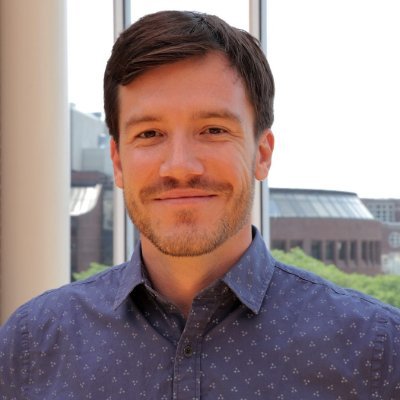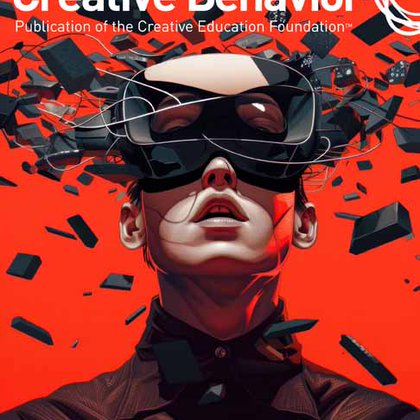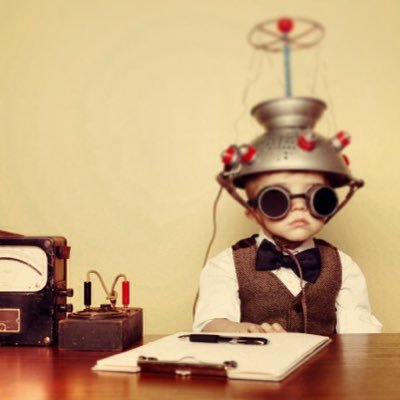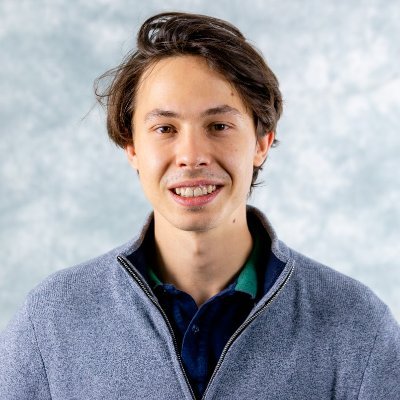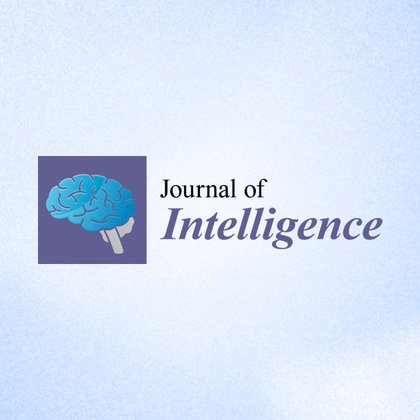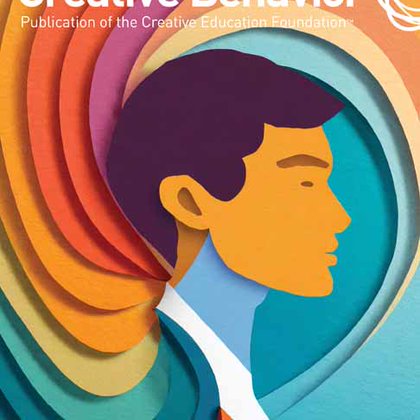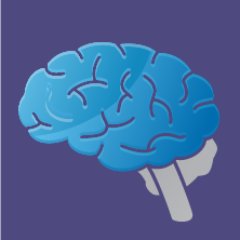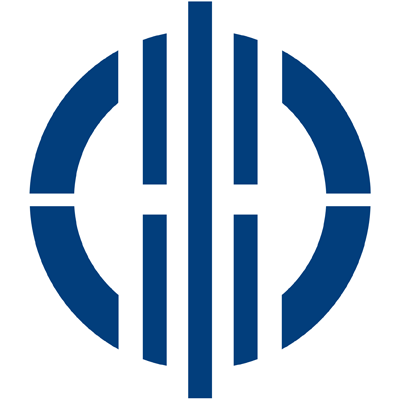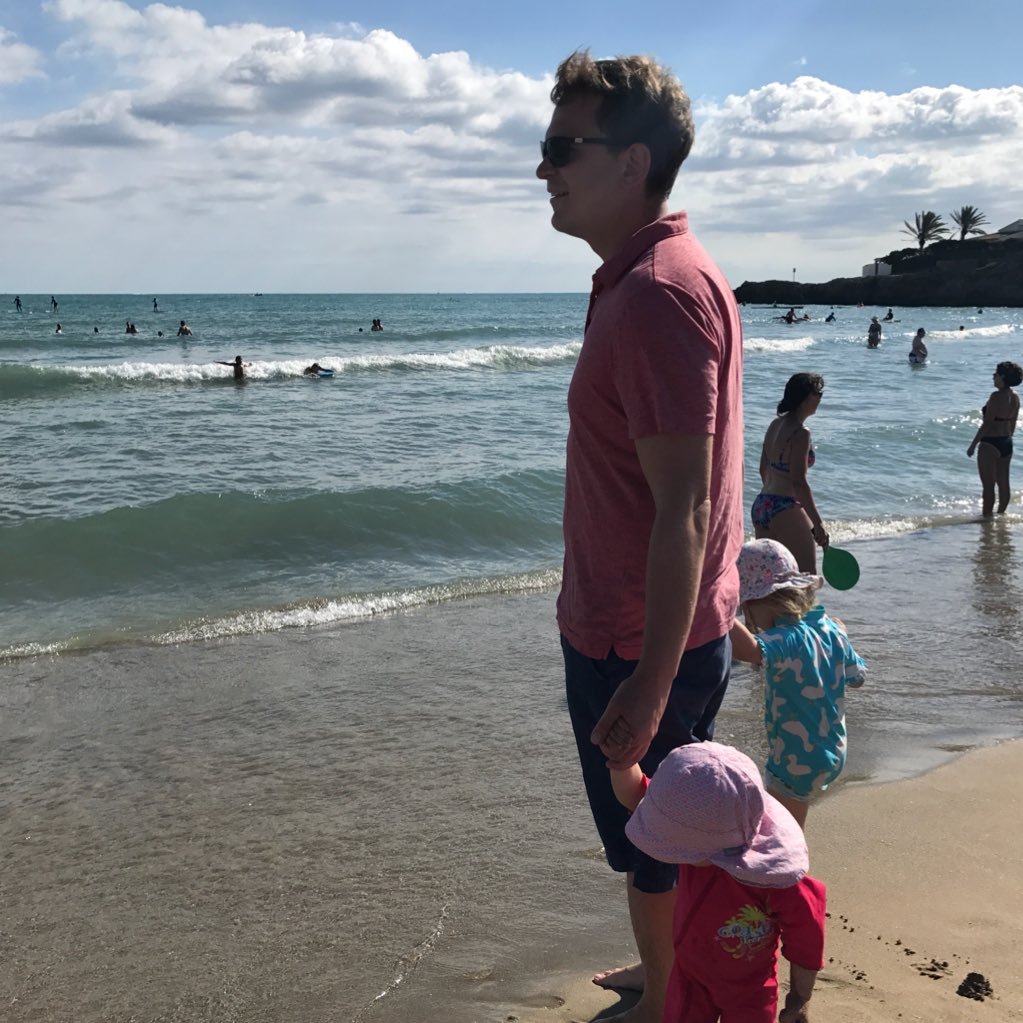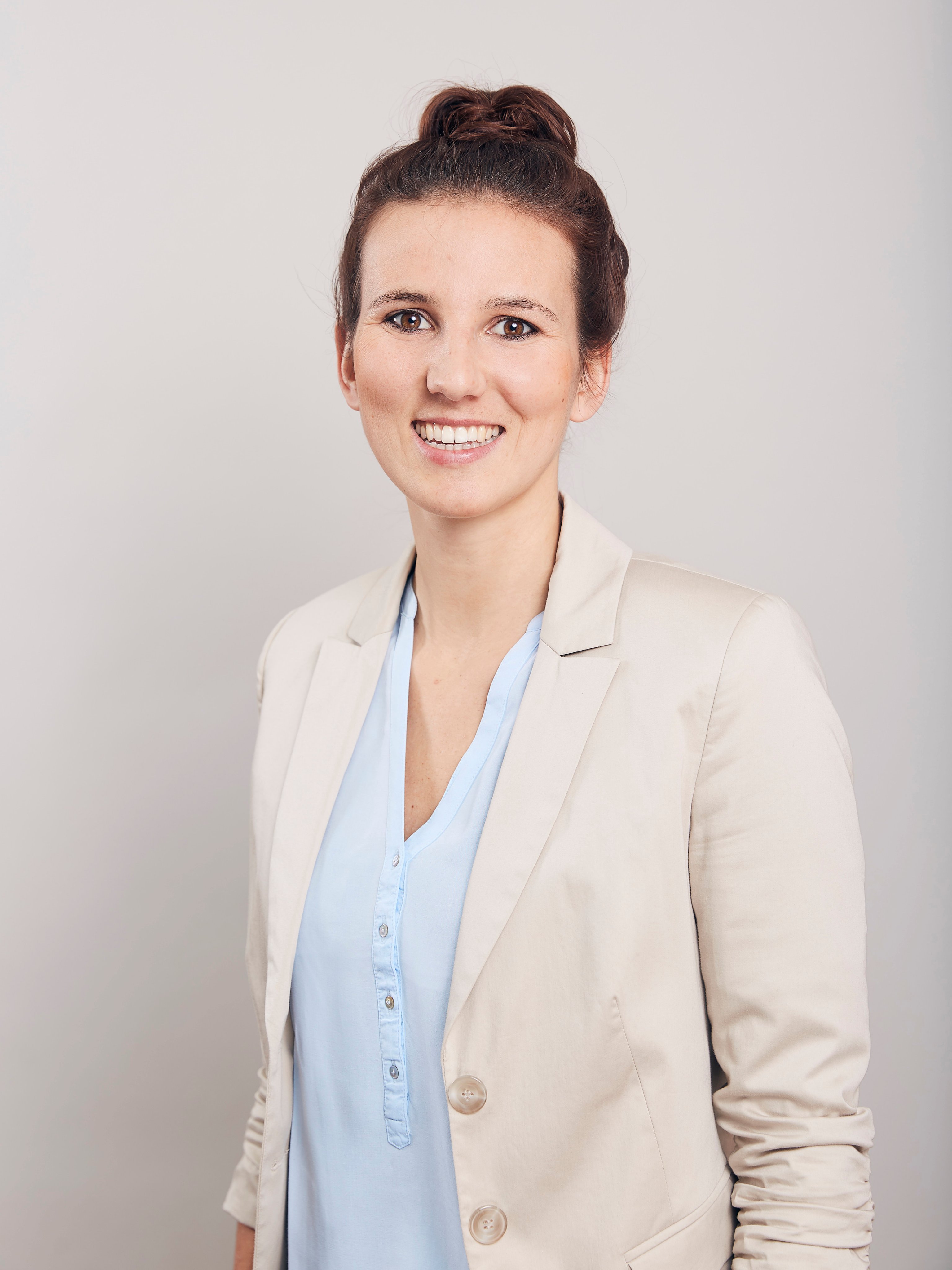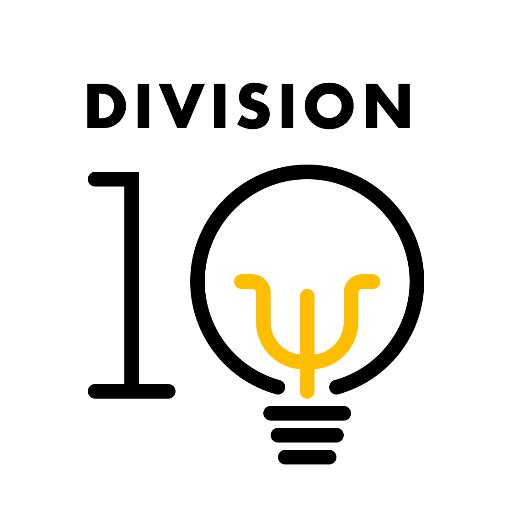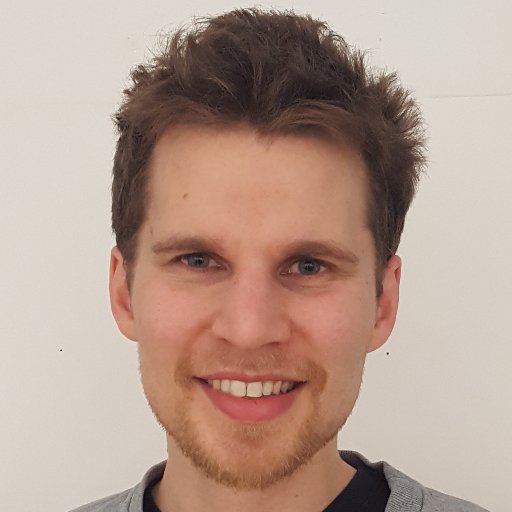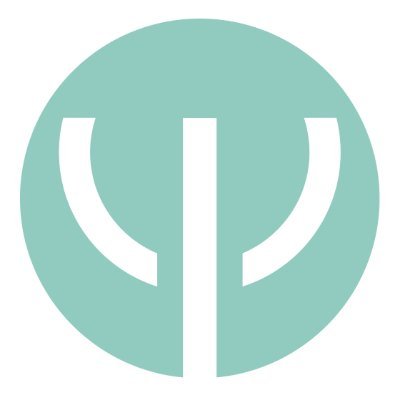
Benjamin Goecke
@BenjaminGoecke
Followers
173
Following
991
Media
17
Statuses
256
Ψ PostDoc @uni_tue - Hector Research Institute Psychological Assessment | Psychometrics | Cognitive Abilities | Creativity | Giftedness & Education
Europe
Joined February 2017
I enjoyed writing this article with Mathias Benedek, where we imagine the future of creativity testing, building on PISA's 2022 Creative Thinking assessment. We're hoping to turn these ideas into reality in the coming year. https://t.co/n0WOJeCwQB
onlinelibrary.wiley.com
The PISA assessment 2022 of creative thinking was a moonshot effort that introduced significant advancements over existing creativity tests, including a broad range of domains (written, visual,...
0
9
36
CHC cognitive theory update: Glr is now separate Gl and Gr broad abilities & upcoming change in WJ V Tests of Cognitive Ability—minimizing the jingle-jangle fallacy.
0
2
5
Being Female and Being Well-Situated Implies Higher Performance on Creative Thinking Tests: Evidence Across 62 Countries from PISA 2022
0
1
1
New work from our lab: generating new creativity tests using large language models: 1. AI "test generator" creates candidate test items 2. AI "test takers" solve them 3. AI "scorers" rate solutions for originality 4. Best items selected for creativity tests
Check out our new paper “The creative psychometric item generator: a framework for item generation and validation using large language models” on arXiv: https://t.co/lV7Vm4oY4k
2
11
35
I'll be recruiting a graduate student to start in Fall 2025 at Penn State! Looking for applicants interested in creativity, cognitive neuroscience, AI, psychometrics, learning/creativity in education. See below for application info and please share 🙂 https://t.co/qMODbhvG8s
psych.la.psu.edu
The Department of Psychology at Penn State has over 40 faculty committed to providing exceptional graduate instruction and supervision, a dynamic community of over 100 graduate students across five...
7
183
346
New longitudinal study with @Simone_Luchini & @yoed_kenett finds that students who learn more effectively develop more interconnected semantic memory networks, with shorter paths between related concepts. This efficient knowledge structure may facilitate successful learning.
Check out our recent paper in @JIntell_MDPI! Across two studies, we find that successful learners possess more small-worlded semantic memory networks, both domain-specific (psychology concepts) and domain-general (animal concepts). https://t.co/eoQsQDsIts
0
9
40
Mapping the Memory Structure of High-Knowledge Students: A Longitudinal Semantic Network Analysis
mdpi.com
Standard learning assessments like multiple-choice questions measure what students know but not how their knowledge is organized. Recent advances in cognitive network science provide quantitative...
0
6
14
Excellent article on structure of #cognitive broad #Gr (#retrievalfluency) as per #CHC and underlying cognitive constructs of retrieval fluency. #Gc #Gwm #WMC #Gs #executivefunctions
2
1
6
Study by @SelinaWeiss14 & @BenjaminGoecke found the ability to generate lots of ideas (fluency) has little relation to generating original ideas, controlling for intelligence. This raises questions about the validity of fluency in creativity assessment. https://t.co/BsqXSxsxBS
onlinelibrary.wiley.com
Creative fluency and originality are pivotal indicators of creative potential. Both have been embedded in hierarchical intelligence models as part of the ability to retrieve information from long-t...
0
22
57
https://t.co/JVGITU6eem “the current results provide additional evidence for a general retrieval ability that likely cuts across a number of different fluency tasks…and adds to our understanding of general retrieval ability within the broader #CHC model”
1
4
4
Great opportunity here...
Postdoc opportunity! Join the Cognitive Neuroscience of Creativity Lab @PennState for NSF-funded projects on AI, creativity assessment, & neuroimaging. Send CV & research interests to rebeaty@psu.edu. Job ad coming soon. Come do creativity science with us!
0
1
4
🏆 We are glad to announce that the winner of the 2023 Best PhD Thesis Award is @BenjaminGoecke from @uni_tue. He received his PhD at @uni_ulm and the supervisor was Oliver Wilhelm. Congratulations! https://t.co/jkWUUSVBea
0
3
16
Stark gesunkene Leistungen in den Bereichen #Lesen, #Mathematik und #Naturwissenschaften prägen den nationalen #PISA-Bericht und deuten, so Prof. Dr. Olaf Köller, auf bereits längerfristig anhaltende Probleme im deutschen #Bildungssystem hin. Mehr Infos 👉 https://t.co/b7UsnbokMF
3
6
22
Visual creativity is key to human expression, but assessing it requires substantial human effort. We introduce AuDrA, an AI system trained to evaluate visual creativity like a human. Paper: https://t.co/5Gre5Sml5V Model: https://t.co/HGg1pLPKWv Drawings: https://t.co/egzIsbd1ce
3
14
51
Due to popular demand the deadline for abstract submissions to #ecp21 in Berlin (August 6-9, 2024) will be extended until December 10th, 2023, 23:59 CET. Looking forward to see you in Berlin!
0
6
9
‼️🚨📢Job Alert‼️ Interested in better understanding talent development in children? 💡 Last chance to apply for this excellent opportunity to join our research team as a Postdoc ( https://t.co/axA02UtnAw) or for doing a PhD ( https://t.co/8QxMjqUEmI).
@HKA_science
0
4
6
Save the date! Div 10 is delighted to announce our 1st annual conference on the Psychology of Aesthetics, Creativity, & the Arts, in Denton TX on March 14-16, 2024. Stay tuned for a Call for Papers and more details! https://t.co/3HcdwaxxfG
div10.org
Save the date for Div 10’s first annual conference! We have been planning a free-standing meeting distinct from the APA Convention for some time, and we’re delighted to host our first meeting soon....
1
10
18
Pre-conference-workshop about causal inference in personality psychology at DPPD meeting in #Salzburg Slides: https://t.co/iDbuxRrwnq
0
2
20
Forschung in Bestform! Wir waren begeistert von den großartigen und spannenden Einblicken beim Postdoktorand:innen-Workshop im Vorfeld der Fachgruppentagung in #Salzburg. Danke an alle Teilnehmer:innen und Expert:innen!
0
6
36

